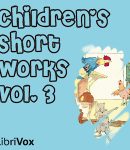
Children’s Short Works, Vol. 003
LibriVox’s Children’s Short Works Collection 003: a collection of 10 short works for children in the public domain read by a variety of LibriVox members. [chương_files]
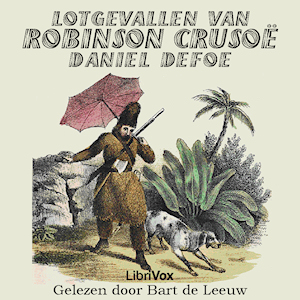

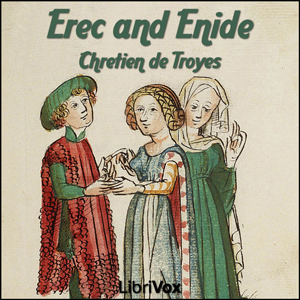

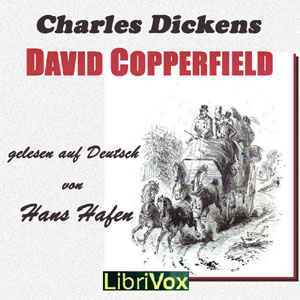

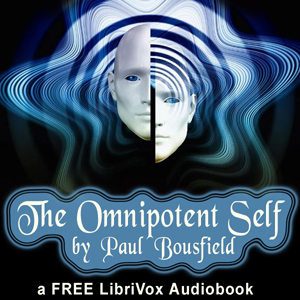

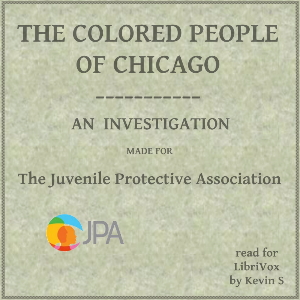
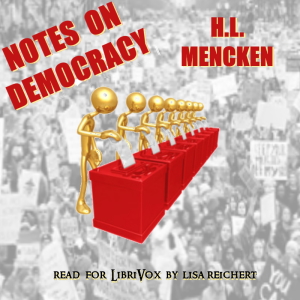
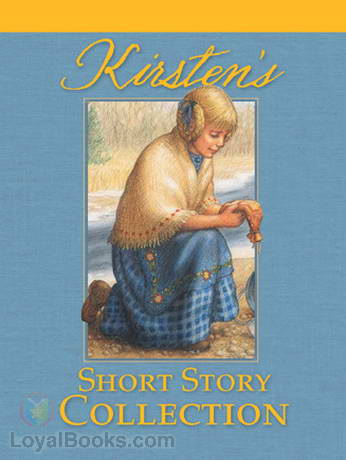


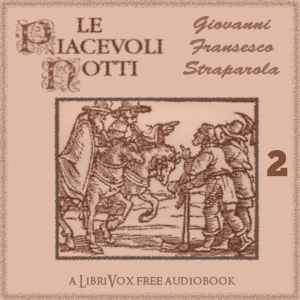

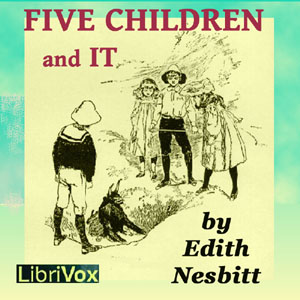
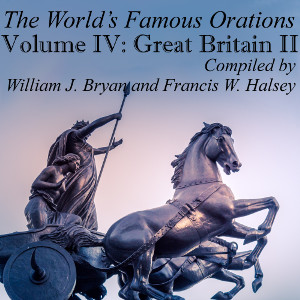


LibriVox’s Children’s Short Works Collection 003: a collection of 10 short works for children in the public domain read by a variety of LibriVox members. [chương_files]
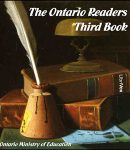
The Ontario Readers is a school book first published in 1919, by the Ontario Ministry of Education, containing short excerpts of literary works, both stories and poems, geared to grade-school age children. (Summary by aradlaw) [chương_files]
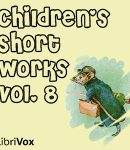
LibriVox’s Children’s Short Works Collection 008: a collection of 15 short works for children in the public domain read by a variety of LibriVox members. [chương_files]
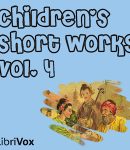
LibriVox’s Children’s Short Works Collection 004: a collection of 11 short works for children in the public domain read by a variety of LibriVox members. [chương_files]
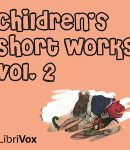
Librivox’s Children’s Short Works Collection 002: a collection of 10 short works for children in the public domain read by a variety of LibriVox members. [chương_files]
English Bards and Scotch Reviewers was first published anonymously in 1809 with Byron only identified as the author in the 2nd edition. Byron wrote this satire after his first book of poems Hours of Idleness received “strong censure” in the Edinburgh Review. Byron used heroic couplets in imitation of Alexander Pope’s The Dunciad to attack the reigning poets of romanticism, including Wordsworth and Coleridge. Byron suppressed this work after the 5th edition, possibly because he came to regret some of the criticism that he had made. (Summary by Alan Mapstone and wikipedia) [chương_files]
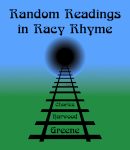
An ecclectic collection of poems by Charles Harwood Greene. A little humor, a little dry wit, and sometimes an unexpected twist. Works include The Railway Solitare, The Lottery Mania, and The Baker’s Wife. (Summary by Krista Zaleski) [chương_files]
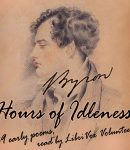
Hours of Idleness was Byron’s first book of poems published when he was only 19. In it he experiments with various poetic styles and provides translations of, and poems written in imitation of, earlier mainly classical poets. The book received strong criticism on publication to which Byron responded with his poem English Bards and Scotch Reviewers. (Summary by Alan Mapstone) [chương_files]
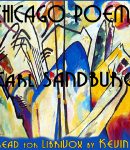
“Chicago Poems” was Carl Sandburg’s first collection published by a mainstream publishing house. This slender volume contains at least two of Sandburg’s best known poems: “Chicago” and the haiku-like “Fog.” (Summary by KevinS) [chương_files]

This is a very impressive collection of some of the best sonnets from the pen of the incomparable William Wordsworth. The appreciation that Wordsworth had for the beauty of his surroundings is vibrantly exhibited in these selections, as are his feelings on love, friendship, society, conflict, history, the supernatural and indeed the art of poetry itself. And what better vehicle for the elegant articulation of a master poet’s thoughts and inspirations than the sonnet, an art form ideally suited to assertion, verbalization and contemplation. In these sonnets, we witness Wordsworth’s poetic expertise at its best in superb descriptions of nature’s splendor which he astutely juxtaposes with his reflections on a world that is “too much with us,” a world in which, “man for brother man has ceased to feel.” The sanctuary that Wordsworth found and which forms the basis for the inspiration displayed in many of these sonnets was the magnificent Lake District of England, which he depicted as, “At happy distance from Earth’s groaning field, / Where ruthless mortals wage incessant wars.” Such a sanctuary the poet would have wished for us all, and indeed provided the means for at least our vicarious enjoyment in the form of these enduring and timeless works of art. – Summary by Bruce Kachuk [chương_files]
Copyright © 2024 | FreeAudible